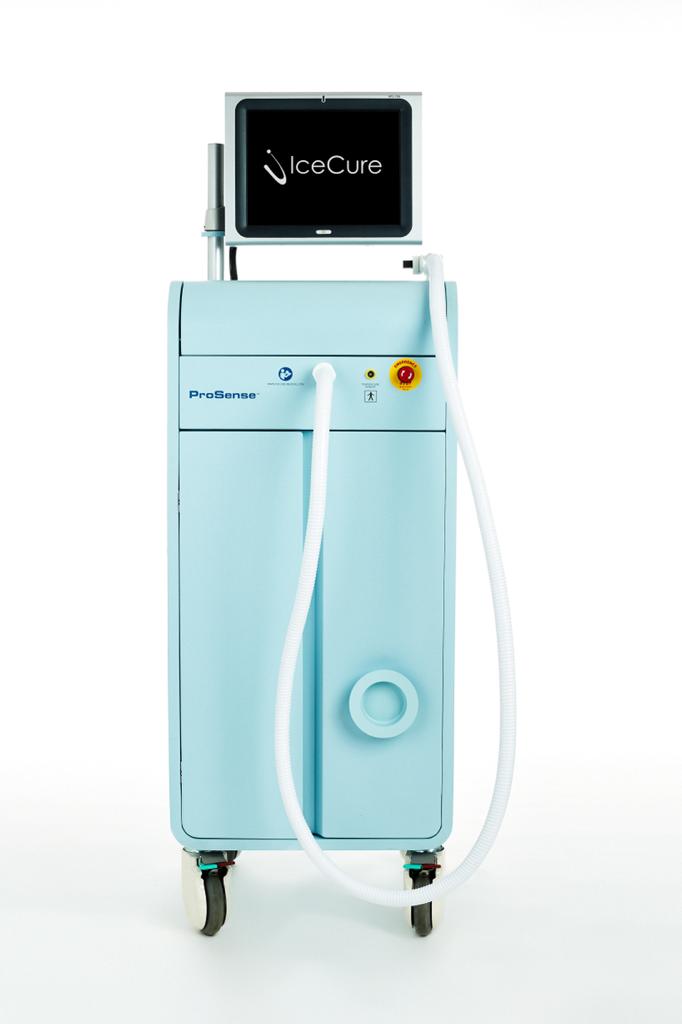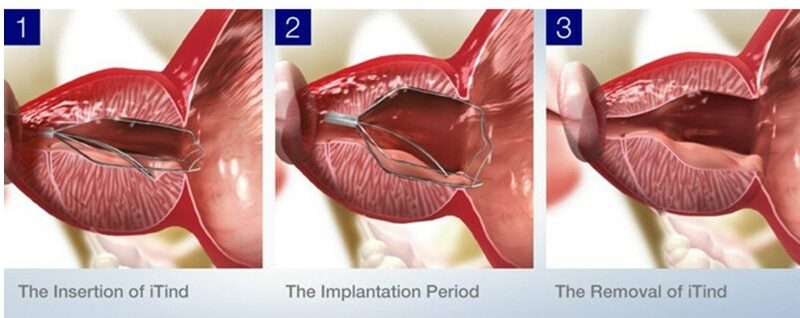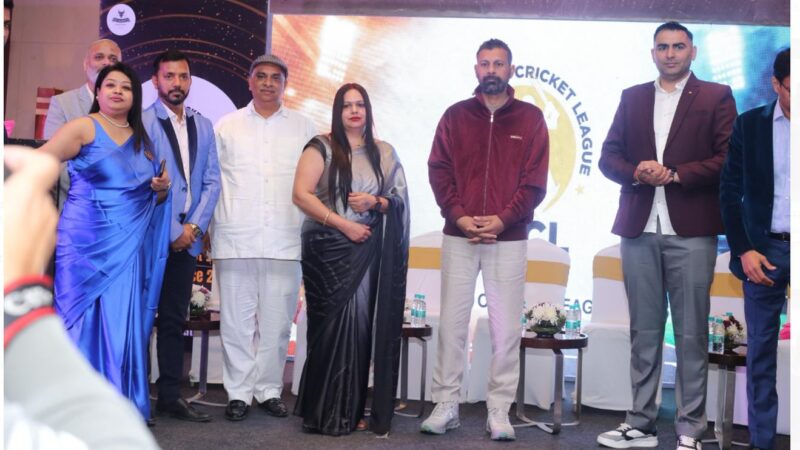NON-SURGICAL, NEXT GENERATION CRYOABLATION TECHNOLOGY- A BOON FOR CANCER PATIENTS

Cancer patients in India can now heave a sigh of relief, thanks to the availability of the cryoablation technology in the country. Cryoablation is a minimally invasive image guided (ultrasound or CT scan) treatment, that uses extreme cold to freeze and accurately destroy diseased tissue within the tumour zone. This technology is the brainchild of an Israeli company, IceCure Medical. Its flagship product, ProSense freezes tumours quickly and with minimal pain. It uses liquid nitrogen (LN2) for maximum freezing, safety, and efficacy. NovoMed Incorporation Pvt Ltd is the authorized distributor of IceCure Medical in India.
During cryoablation, a thin, needle-like probe called a cryoprobe is inserted into the target area. The cryoprobe uses liquid nitrogen as a coolant, which rapidly cools the surrounding tissue. As the tissue freezes, ice crystals form, causing cellular damage and destruction. The extreme cold temperatures essentially freeze and kill the abnormal cells.
Cryoablation has several advantages over other treatment methods. It is considered a minimally invasive procedure, meaning it requires only a small incision or needle puncture, resulting in less trauma to the body and faster recovery times compared to open surgery. It can be performed under local anaesthesia, eliminating the need for general anaesthesia in many cases. Additionally, cryoablation is relatively precise, allowing for targeted treatment of the abnormal tissue while preserving surrounding healthy tissue. Hospital stay is not required in most cases.
The specific application of cryoablation depends on the condition being treated. It is commonly used in the treatment of benign and malignant tumours of various kinds including breast cancer, kidney cancer, liver cancer, lung cancer, bone, soft tissue, and other types of tumours.
Dr Ajit Yadav, Consultant, Interventional Radiologist, Sir Ganga Ram Hospital, averred, “Cryoablation is a minimally invasive technique that uses extreme cold to destroy abnormal tissue, such as tumours or abnormal cells, by freezing them. It has gained popularity in recent years and has become an important tool in the arsenal of interventional radiologists for ablation of various tumours. One of the significant advantages of cryoablation is its ability to precisely target and destroy abnormal tissue while preserving surrounding healthy structures. This level of precision is particularly crucial when dealing with tumours located near vital structures, such as blood vessels, nerves, or organs. Cryoablation offers a non-surgical alternative for patients who may not be suitable for traditional surgery or who prefer a less invasive treatment option. Another benefit of cryoablation is its versatility. It can be used in various areas of the body, including the liver, kidney, lung, prostate, breast, and bone.
This adaptability allows interventional radiologists to treat a wide range of conditions using the same technique. Cryoablation has shown promising results in the treatment of small renal tumours, liver tumours, and early-stage breast cancer, among other conditions. Additionally, cryoablation is a relatively safe procedure with minimal complications. The use of imaging guidance, such as ultrasound, CT scans, or MRI, during the procedure helps ensure accurate placement of the cryoablation probes and enhances patient safety. The recovery time is typically shorter compared to traditional surgery, and the procedure can often be performed on an outpatient basis, reducing hospital stays and overall healthcare costs.”
The cryoablation therapy was also recently introduced at the Kovai Medical Center in Coimbatore. Jay Mehta, Director–Sales, NovoMed Incorporation Pvt Ltd, stated, “We are indeed very happy to facilitate the availability of this futuristic and revolutionary technology in India. The Indian populace should take maximum advantage of the same and freeze cancer in its tracks.”






